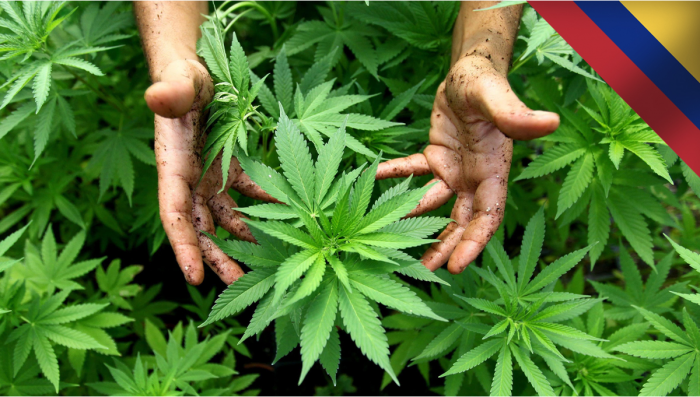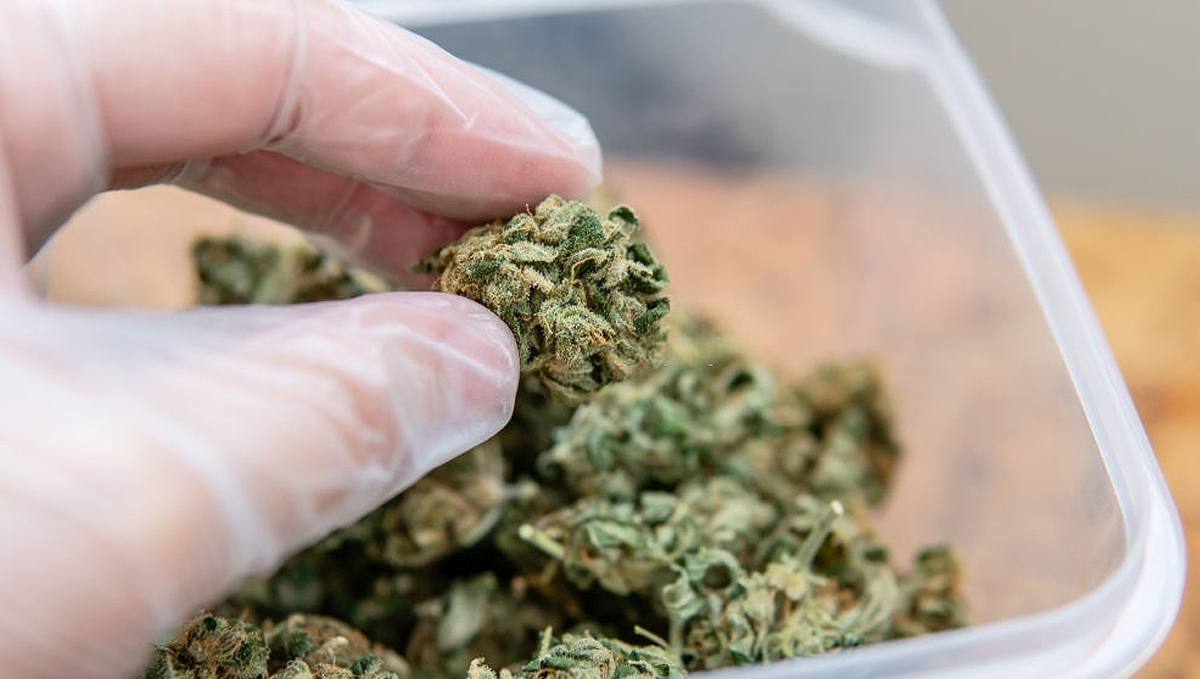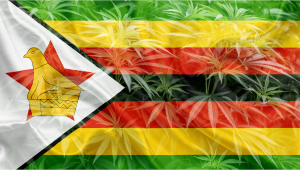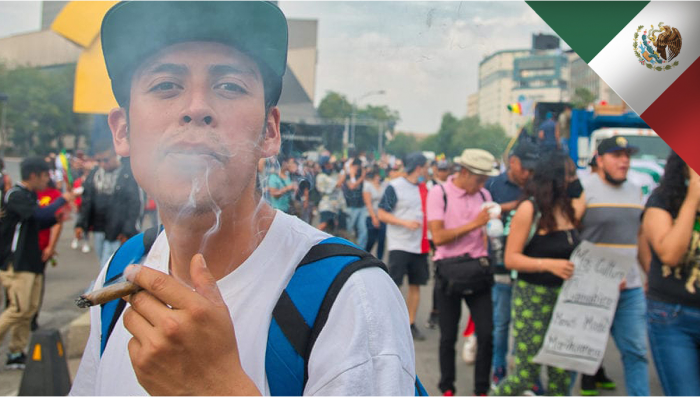Colombia Poised to Become Leading Exporter of Cannabis

Colombia legalized medical cannabis back in 2016, but the industry failed to take off till President Duque allowed the export of the substance in dry smokable form last July. The decision changed the sector’s outlook as dry flowers make up more than half of the market size in such countries as the United States.
Now, Colombia is the top candidate for becoming the world’s leading cannabis producer and exporter. This Latin American country has the perfect climate for the cultivation of the plant, allowing it to produce cannabis at a fraction of the costs incurred in other regions of the world. The only thing that was lacking before was favorable regulations. With this hurdle removed, Colombia’s cannabis industry is attracting record investments and looking forward to a bright future.
Almost 2,000 Cannabis Licenses Issued
The country has quite low startup costs for anyone deciding to build a successful marijuana business. 100,000 US dollars may seem like a lot of money to local entrepreneurs, but international companies can hardly find better deals elsewhere.
Among other things, the licensing fees range from USD 15,000 to 20,000. Since 2017, almost 2,000 businesses have received licenses for cultivation, manufacture, and trade.
Tropical Paradise
Clever Leaves is one of these businesses that runs a cannabis farm on a cattle ranch outside Bogota. The farm enjoys all the perks of the tropical climate. The days and nights here are almost 12 hours long, which allows growing weed plants year-round. The temperatures are ideal, and at 9,000 feet above sea level, there are no issues with bud rot and other fungal and bacterial diseases that plague crops at lower altitudes.
Experts say that when greenhouses in other parts of the world create an artificial environment for cannabis plants, they try to emulate—more or less successfully—conditions that are natural in Colombia.

All this makes the country an attractive place to invest, and investments have peaked this year at $250 million. The bulk of these funds comes from Canada, the only Western country that legalized both medical and recreational cannabis use but is not blessed with the tropical climate.
Cocaine Is a Different Story
Speaking of the prospects of the marijuana industry in the country during his recent visit to Israel, President Duque stressed that Colombia has only legalized the therapeutical use of the substance and does not condone its consumption for recreational purposes.
As for cocaine, it deserves even harsher treatment, according to President Duque. Colombia is a major hub in illegal cocaine trafficking, and the problem has gotten even worse in recent years.
Cocaine production does not only feed organized crime but also contributes to deforestation. Each acre of coca plant requires the clearing of two acres of rainforest. Besides, the production involves burning a lot of gasoline and using a lot of cement, and toxic waste is drained right in the jungle.
As Colombia has pledged to be carbon-neutral by 2050, the president also ensured the country’s commitment to continue enforcing drug laws and fighting the cartels.










